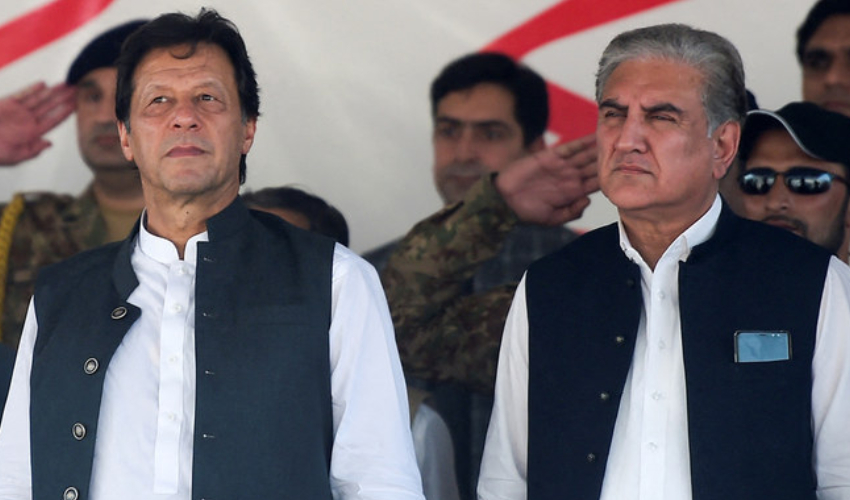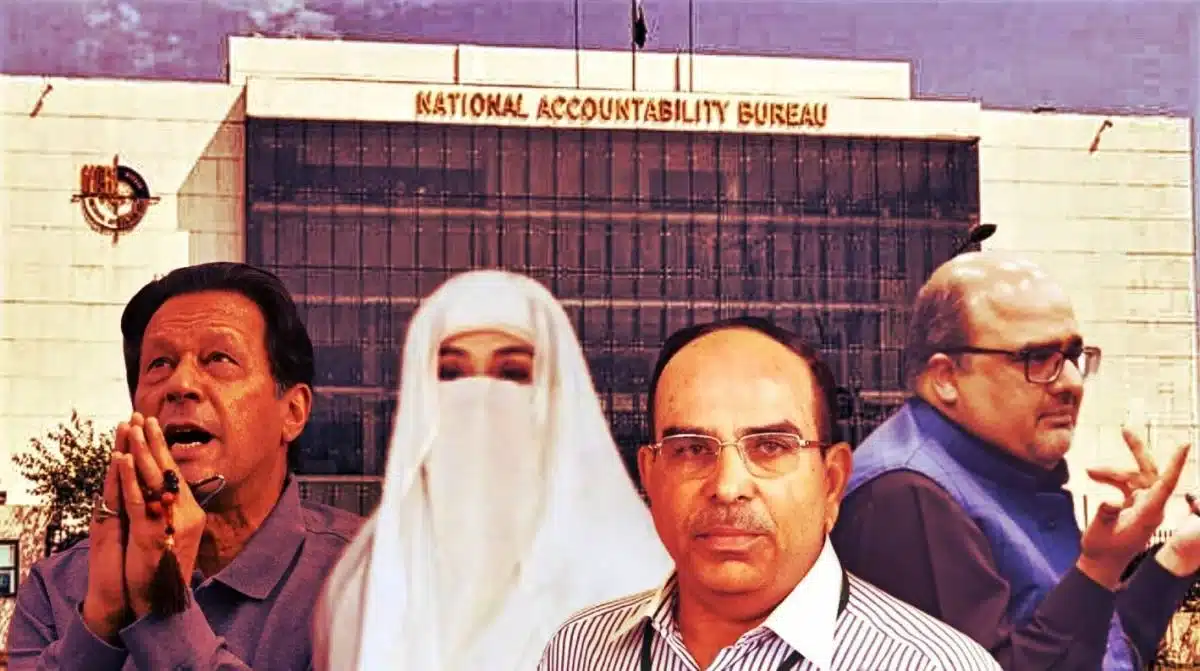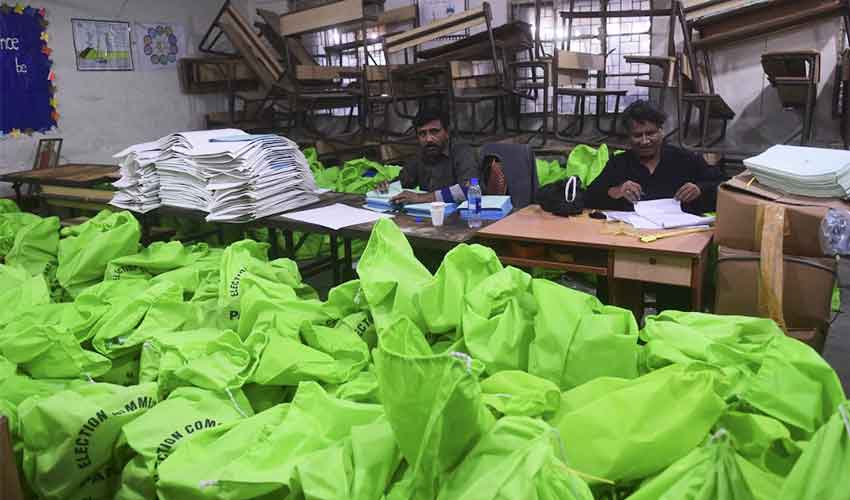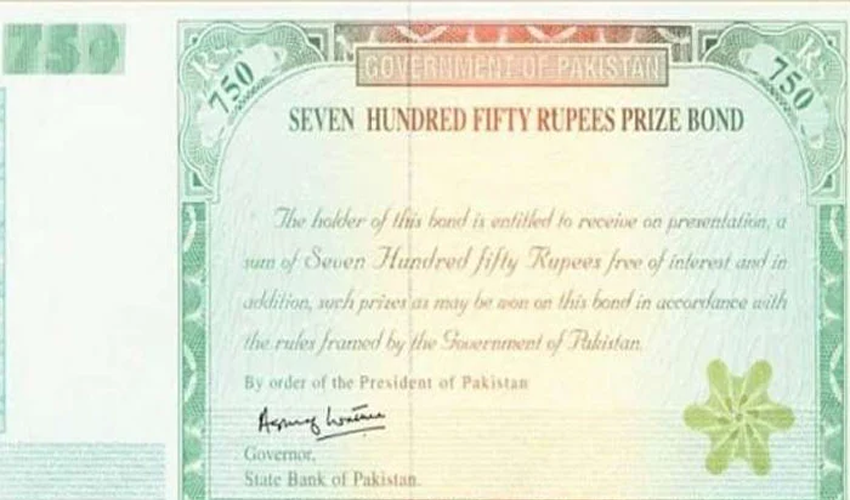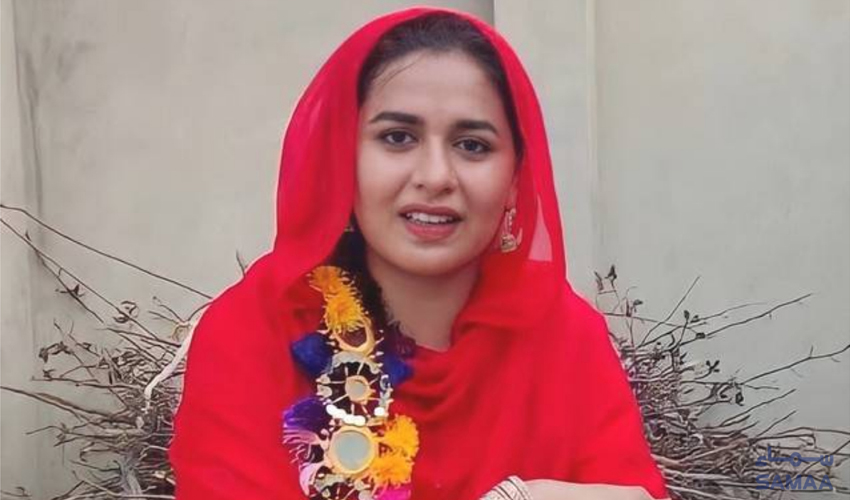U.S. President Donald Trump has announced the arrest of Muhammad Sharifullah the alleged planner behind the 2021 Kabul airport bombing that resulted in the deaths of 13 American service members and approximately 170 Afghan civilians. The operation, conducted with assistance from Pakistan, has led to Sharifullah being transferred to the United States to face justice.
President Trump expressed gratitude towards Pakistan for its pivotal role in the arrest, stating, "I want to thank, especially, the Pakistani government for helping arrest this monster."
The apprehension of Sharifullah, a senior member of ISIS-K, marks a significant step in counter-terrorism efforts and brings a measure of solace to the families affected by the tragic attack.
U.S. President Donald Trump, without naming the suspect, expressed gratitude to Pakistan for its role in the arrest of a key terrorist linked to the Kabul airport bombing.
In his address to Congress, President Trump stated that ISIS was responsible for the killing of 13 American service members in Afghanistan three and a half years ago. He criticized the U.S. withdrawal from Afghanistan under the Biden administration, calling it a shameful event.
Trump further announced that a major terrorist responsible for the attack had been captured and was being brought to the U.S. to face justice.
He specifically thanked Pakistan for its assistance in the arrest.
2021 Kabul airport bombing
The 2021 Kabul airport bombing, which took place during the chaotic withdrawal of U.S. forces, resulted in the deaths of 13 American troops and 170 Afghan civilians as thousands gathered at the airport seeking evacuation.
According to media reports, President Trump instructed CIA Director John Ratcliffe to prioritize the capture of those responsible for the attack immediately after assuming office.
Later high-level intelligence discussions with Pakistani officials, including meetings at the Munich Security Conference in February. The reports claimed that US FBI Director also engaged in discussions with Pakistani authorities regarding the matter.
As per media reports, claim that Muhammad Sharifullah, also known as Jafar, was one of the key ISIS leaders behind the attack.
A U.S. official described him as the mastermind of the bombing. Reports further suggest that Pakistani authorities informed U.S. officials about his capture 10 days prior to the public announcement.

